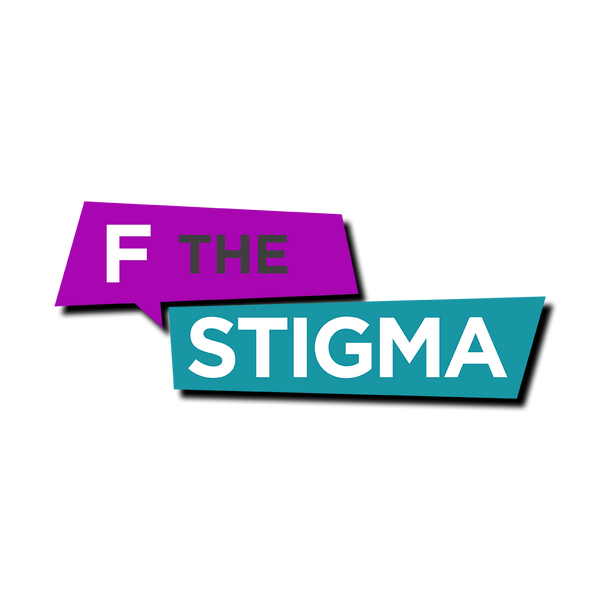Mental health stigma is a pervasive issue that affects millions of people worldwide. It often leads to discrimination, social exclusion, and can even prevent individuals from seeking the help they need. One of the most effective ways to combat this stigma is through education. By educating people about mental health, we can foster understanding, empathy, and acceptance, ultimately reducing the stigma associated with mental health conditions. Here’s how education plays a vital role in this process.
Increasing Awareness and Understanding
Education helps to demystify mental health conditions by providing accurate information about what they are and how they affect individuals.
- Dispelling myths: Many misconceptions surround mental health. Education can correct these false beliefs, such as the idea that mental health conditions are rare or that people can simply "snap out of it."
- Promoting knowledge: Understanding the symptoms, causes, and treatments of various mental health conditions can reduce fear and misinformation. This knowledge empowers people to approach mental health with the same respect and seriousness as physical health.
Encouraging Open Dialogue
Educational initiatives can encourage open conversations about mental health, reducing the fear and shame often associated with these topics.
- Creating safe spaces: Schools, workplaces, and communities can offer safe environments where people feel comfortable discussing their mental health without judgment.
- Normalizing conversations: When mental health is discussed openly and regularly, it becomes less taboo. This normalization helps people feel more comfortable seeking help and supporting others.
Empowering Individuals
Education equips individuals with the tools they need to manage their own mental health and support others.
- Self-awareness: Learning about mental health helps individuals recognize the signs and symptoms of mental health conditions in themselves and others. This self-awareness can lead to earlier intervention and better outcomes.
- Support strategies: Education provides practical strategies for managing mental health, such as stress reduction techniques, coping mechanisms, and where to find professional help.
Shaping Positive Attitudes
Educational programs can help change negative attitudes towards mental health by promoting empathy and understanding.
- Empathy-building: Stories and case studies can humanize mental health conditions, helping people see those affected as individuals with unique experiences rather than just their diagnoses.
- Role models: Featuring public figures or community leaders who openly discuss their mental health challenges can help reduce stigma and encourage others to do the same.
Influencing Policies and Practices
Education can also lead to systemic change by influencing policies and practices in institutions and communities.
- Policy advocacy: Educated individuals are more likely to advocate for mental health policies that promote inclusion and support.
- Inclusive practices: Schools and workplaces that prioritize mental health education are more likely to implement inclusive practices, such as mental health days, access to counseling services, and supportive environments.
Involving Community and Family
Effective mental health education extends beyond individuals to include families and communities.
- Family education: Educating families about mental health can help them provide better support to their loved ones. Family members who understand mental health are more likely to be empathetic and supportive.
- Community programs: Community-based educational programs can raise awareness and reduce stigma on a larger scale. These programs can include workshops, seminars, and public awareness campaigns.
Reducing mental health stigma through education is a powerful approach that benefits individuals and society as a whole. By increasing awareness, encouraging open dialogue, empowering individuals, shaping positive attitudes, influencing policies, and involving communities, education can create a more inclusive and supportive environment for everyone. At "Fuck the Stigma," we are committed to breaking down the barriers that prevent people from seeking help and living their best lives. Together, through education, we can make a significant impact on reducing mental health stigma.

